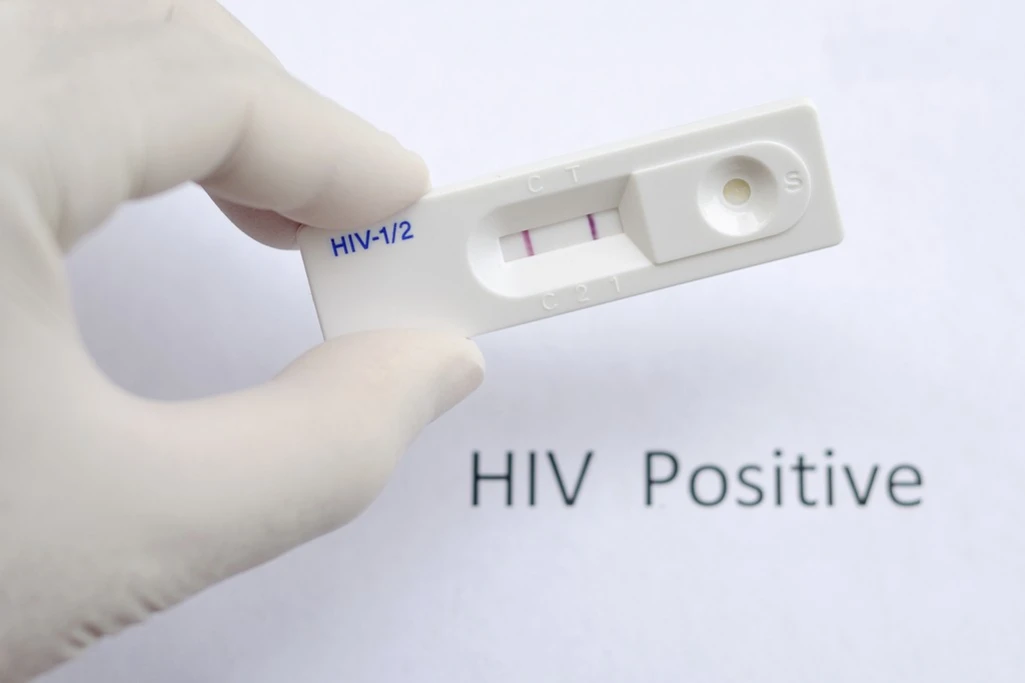
Out of 608 people who turned up at Mingkaman Primary Health Care Center for free HIV/AID testing and counseling this year, 64 have tested positive for the virus, Awerial County health authorities have confirmed.
The data that was revealed during a meeting led by Community-Led Monitoring (CLM) team is a cumulative record from January to December 2023, for Mingkaman PHCC alone.
CLM is a team of research and monitoring in Awerial County under Lakes State Ministry of Health tasked with research on challenges facing health care centers.
During the meeting, the project assistant officer for community led monitoring – Abednego Makuach – explained that understaffing, lack of community awareness, and lack of good facilities are some challenges facing the health centers in Awerial, leading to high spread of HIV virus.
He says they have recently trained 40 individuals to carry out community awareness on HIV/AID and to influence community members to participate in the ongoing free HIV/AID testing and counseling.
“What I need from the community is to join hands with us, because when we join hands with you as a community, you will be the one to report the challenges facing you as a community,” Makuach said. “But if you don’t want to work with us, you will be the one to suffer alone.”
He advised community leaders and other stakeholders to join hands in educating the community about the dangers of HIV and how people can protect themselves from getting infected.
For his part, a youth representative – Ngong Madol – agreed with the call and promised to always give awareness in places like cattle camps, far villages, and youth centers to help reduce the spread of the virus.
According to the Center for Diseases Control and Prevention in the United States, the human immunodeficiency virus, HIV attacks and weakens body’s immune system.
HIV If not treated, can lead to acquired immunodeficiency syndrome, AIDS where the body becomes weak to fight any infections that enter the body hence, it could cause death.
In South Sudan, it continues to be a public health priority with estimated prevalence of 2.5% among adults aged 15-49 years (2020 UNAIDS estimates) with 18% of the estimated PLHIV (190,000) on treatment.